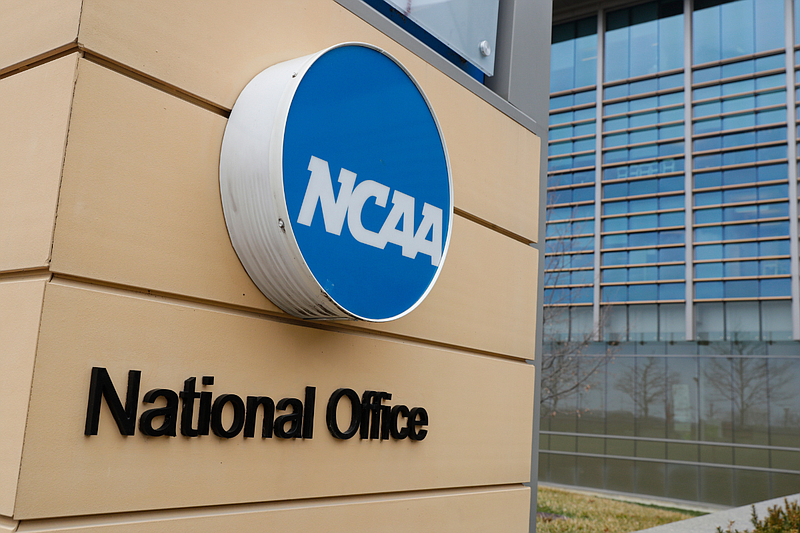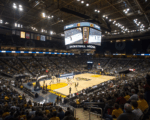The National Collegiate Athletic Association (NCAA) has taken a groundbreaking step toward leveling the playing field for college athletes. Recently, the NCAA announced its decision to lift the rule preventing student-athletes from negotiating name, image, and likeness (NIL) deals before officially enrolling at a college.
This move comes as part of a proposed settlement in a lawsuit spearheaded by Tennessee Attorney General Jonathan Skrmetti. The lawsuit, which was supported by several attorneys general from across the country, argued that the ban on NIL deals violated antitrust laws and unfairly limited athletes’ opportunities to benefit financially from their talents.
What Does This Mean for College Athletes?
If approved by a federal judge, this landmark agreement would allow student-athletes to capitalize on NIL opportunities during the recruitment process. For the first time, they will be able to negotiate deals with third parties even before committing to a particular school.
The change signifies a dramatic shift for college sports culture, as student-athletes now stand to benefit from the flourishing multi-billion-dollar industry built on their hard work and dedication. Tennessee Attorney General Skrmetti highlighted this in a statement, saying, “The kids who make it all happen should not be the only people denied an opportunity to prosper.”
NCAA’s Commitment to Change
The NCAA has expressed its support for this new direction. A spokesperson stated that this agreement “underscores our support for student-athletes benefiting from their NIL,” adding that the organization is committed to finding sustainable ways to enhance benefits for athletes at every stage of their college careers.
Outside of fixing the recruitment bans, the proposed settlement includes additional reforms to ensure transparency and collaboration. Over the next five years, the NCAA will be required to publicize any planned changes to NIL policies well in advance. These proposals will involve consultations with individual states before they are implemented fully.
Why This Decision Matters
Over the past few years, the NIL debate has taken center stage in college sports, with many athletes advocating for the right to be fairly compensated. Until now, rigid NCAA rules restricted athletes from gaining financially despite being at the center of huge athletic programs and broadcast deals. This stance faced growing criticism, with many arguing that student-athletes deserved to share in the revenue they helped generate.
The lifting of the recruitment ban addresses a critical barrier and opens the door for young athletes to start building their brands and financial independence earlier.
The Impact Across College Sports
This decision will likely reshape the recruiting landscape. Universities, athletes, and brands will need to adapt quickly to the evolving rules. Key areas of change include the role of third parties, who will play a bigger part in facilitating NIL deals during recruitment windows. Furthermore, student-athletes will now have additional leverage when deciding which college to attend, which could influence recruitment strategies for teams nationwide.
A New Era for College Athletes
This is more than just a legal settlement; it’s a victory for fairness, equality, and innovation in college sports. The lifting of the NIL recruitment ban will provide countless opportunities for student-athletes to grow personally and professionally.
For dedicated sports fans and student-athletes, this decision signals a new era in collegiate competition. Athletes, who have long been the backbone of college sports, will finally share in the prosperity of this multi-billion-dollar industry.
What’s Next?
This monumental decision is still pending federal court approval, but its implications are already being felt across the NCAA and beyond. From the rise of NIL deals during recruitment to the potential for collaboration with brands, student-athletes finally have a chance to be recognized—and rewarded—for the value they bring to college sports.
Get ready to watch history unfold as a new chapter in college athletics begins. For updates, insights, and more analysis on this monumental shift in NCAA policy, stay connected with us!








